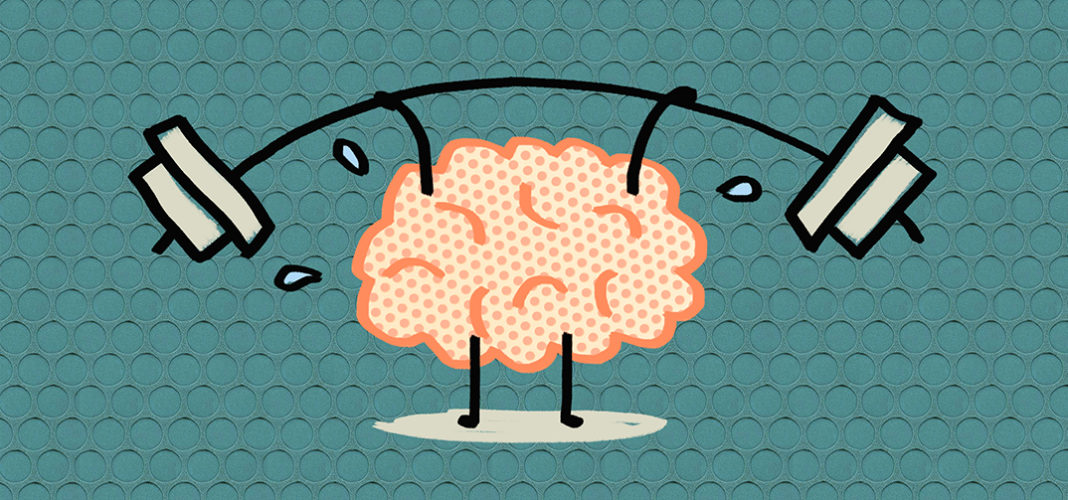Does every day begin with the best intentions?
You wake up early, eat a healthy breakfast, and plan on a healthy lunch, working out after work and a light dinner. But then life happens.
Your boss tells you to start over on a project and you “stress order” a Frappuccino. Your son’s teacher leaves a message saying she has some concerns. You dig up that old packet of M&Ms hidden in your desk drawer and gobble it down. A co-worker, who also happens to be a talented pastry chef, brings in his famous cheesecake. You eat two slices. The cookie plate in the afternoon meeting calls your name. You inhale six of them. You skip your workout — “Why bother at this point?” you ask yourself — and order a cheeseburger with extra bacon for dinner. It doesn’t even taste good but you eat every bite and the French fries too.
Sound familiar?
You indulge. You feel terribly guilty. You double down.
Setting high standards for yourself is a good thing but striving to be Little Miss Perfect when it comes to eating may be sabotaging your best efforts to lose weight. Saying “what the hell?” the moment you stray from your original goal can lead to a vicious cycle of self-loathing and punishment.
According to researchers, the “what-the-hell?” effect occurs when goals are seen as short term. It is most powerful when we are trying to break a bad habit. Food is an obvious example but the what-the-hell-effect can surface in any area of life — smoking, checking email, drinking, shopping etc.
Here are 5 strategies to stop you from throwing in the towel every time you make a small mistake.
Pause and Plan
Before you tumble down that rabbit hole of self-loathing, take a moment. Put as much time as you can between the setback and doing something that is going to make you feel even worse. Write down what is going through your head, go for a walk around the block, or call a friend. The more time you take, the better decisions you will make.
See the Future
Instead of focusing on today’s mistake, consider the bigger picture. Tap into your underlying motivation. Are you trying to eat well so you can fit into that dress tomorrow night or because you care about your health and hope to live long and well?
Don’t let the chocolate chip cookie become the
elephant in the room
Studies show that simply resisting an urge can actually make it worse. Instead of fighting a craving, acknowledge it and accept it. Come up with an alternative and be flexible. Setting too many limits can backfire. Rather than fixating on the cookie you cannot have, make a plan to indulge in another way. Consider something non-food related like a massage or a night out with friends.
Forgive Yourself
Instead of beating yourself up, remind yourself that you are not the only person who has ever experienced a setback. Think of it as an opportunity to work harder and prove your commitment to your goals.
Do a Good Deed
Studies show that doing something kind for someone else can increase willpower. For example, if you are furious with yourself for eating more than you planned to at that holiday dinner, instead of doubling down and polishing off the last slices of pumpkin pie, offer to do the dishes. You will feel a whole lot better about yourself and your host will thank you too!
I wish you all the best,
Dr. Samantha Boardman






